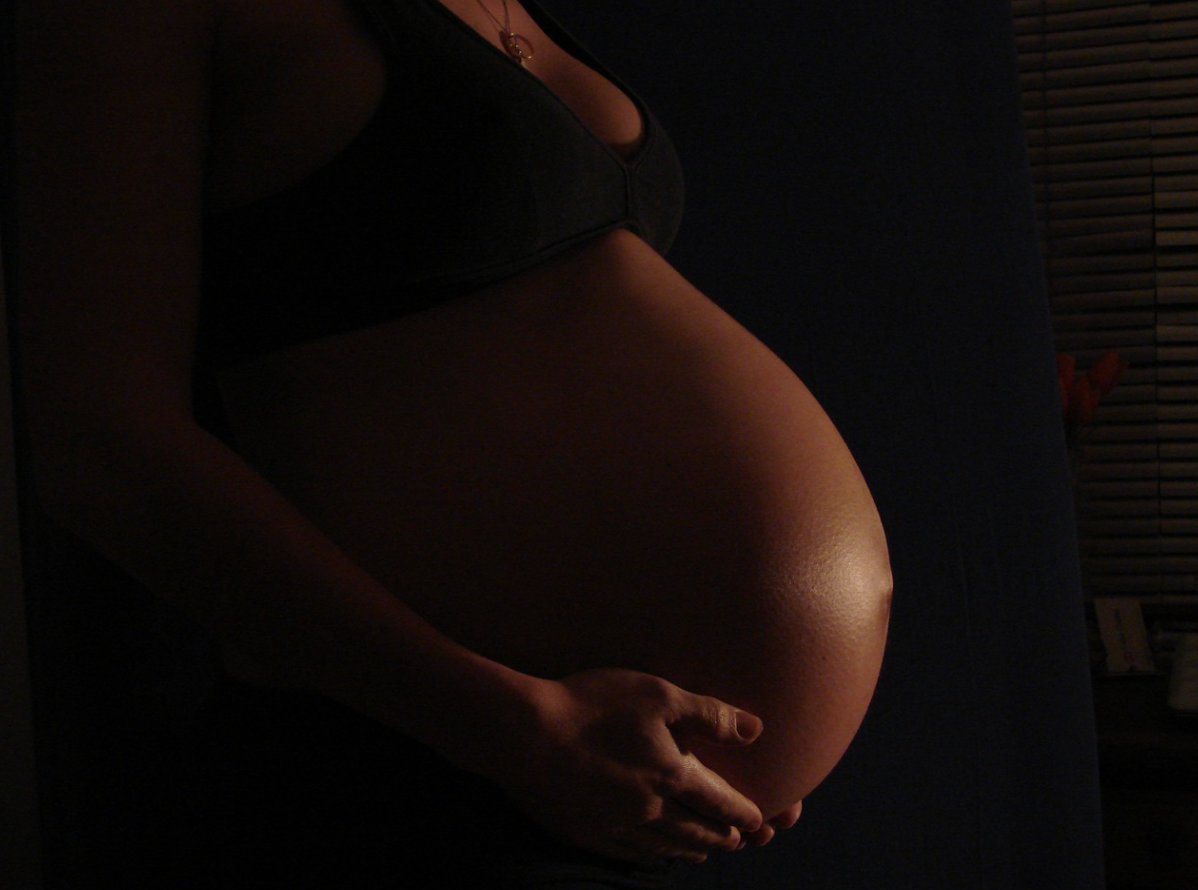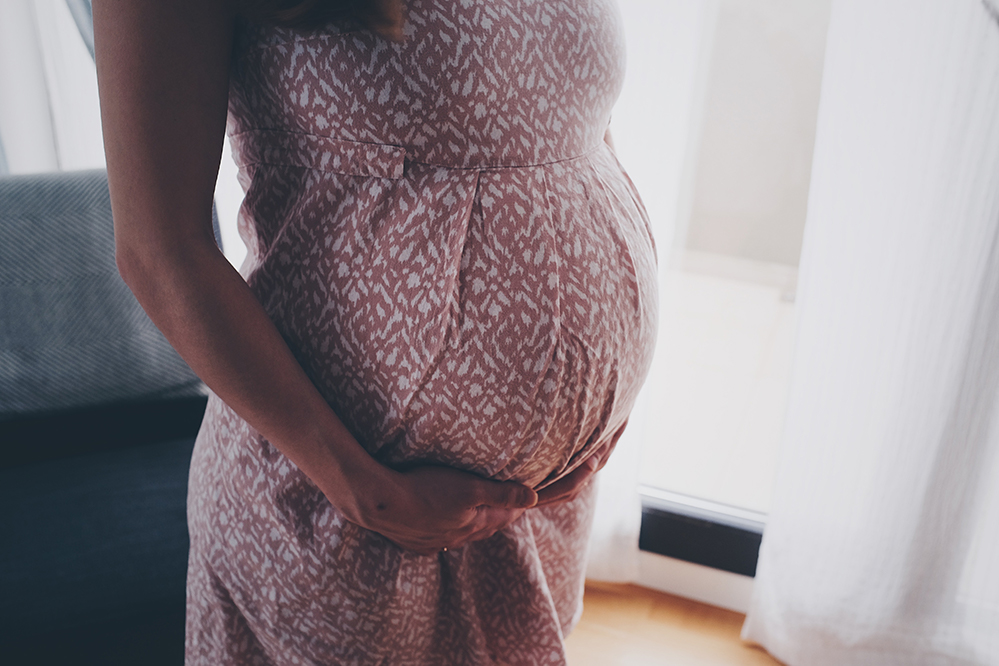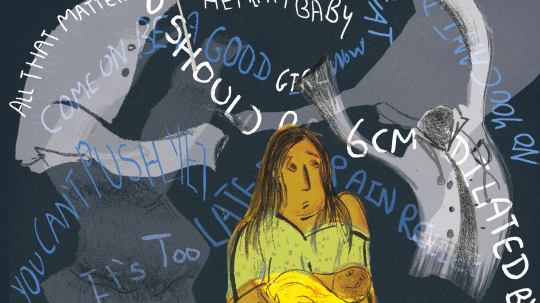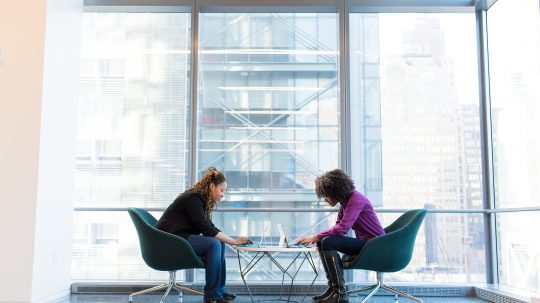“This pregnancy was always going to be harder for me as it follows a missed miscarriage last year,” said Danielle Walsh, 32, who is expecting to give birth to her twins next week.
“However, Covid [has] made it infinitely harder by not being able to have my husband present at any scans – especially the first one, when I was already crying due to the anxiety of what had happened last time.”
The mum-of-one is among thousands of people urging the government and NHS to review current guidance on partners and family members attending births, as well as antenatal and post-natal appointments.
The #ButNotMaternity campaign – backed by groups including Birthrights and several MPs – has pointed out that, while lockdown restrictions have eased in many areas of society – including beauty salons, gyms, and hospitality – some expectant mothers are continuing to go through hospital check ups, scans, and even labour alone.
A petition calling for partners to be allowed to be present throughout labour and the birthing process has now reached over 400,000 signatures.
Earlier this month the NHS published a framework to assist hospital trusts to “reintroduce access for partners, visitors and other supporters of pregnant women in English maternity services“. The document, due to be reviewed at the end of November, advises trusts to “tailor” their policies to their local situation.
Meanwhile, guidance for pregnant women on the NHS’ website currently states “there may be some changes” to appointments and scans, with some people having to attend appointments alone or have them over the phone. It adds expectant mothers “will be able to have a birth partner during labour and the birth if they do not have symptoms of coronavirus. But there may be limits on how long they can stay after the birth”.
According to the Royal College of Obstetricians and Gynaecologists, some NHS trusts in England are “permitting partners or other supportive people to attend [ante natal and post natal] appointments but there is not a consistent approach”.
On Wednesday, deputy Labour leader Angela Rayner challenged Boris Johnson on the issue during prime minister’s questions, saying: “We’ve also heard from mothers who have had to give birth without the support of their partners or their family.
“The health secretary yesterday said that the new guidance had been issued, but even under that new guidance, many birth partners will not be able to join until that moment of established labour – leaving women enduring difficult labours or, even worse, traumatic and devastating miscarriages without support.”
In response, Johnson pledged to “review” the restrictions to allow women to have partners present.
That I could sit in a pub before my husband was able to go to a scan has absolutely baffled me.
Danielle Walsh
Danielle spoke of the emotional toll the lack of consistency between trusts is having on birth partners and parents.
“Obviously, I know all trusts were doing different things – but considering how things can sometimes go during a day, having the support of a partner is hugely important, and not having them there seemed hugely unfair for both mother and father.
“I know my husband said he has found it harder to get his head round this pregnancy than my son’s because he actually felt involved in my first pregnancy,” she said.
She added: “It seemed doubly unfair when a friend of mine who is from Milton Keynes was allowed her partner for her first scan, when my trust were still saying ‘no’.”
She feels pregnant women had been sidelined during the pandemic, and their difficulties not properly acknowledged.
“I think on a government level, pregnant women and women on maternity were not a priority at all,” she said.
“That I could sit in a pub before my husband was able to go to a scan has absolutely baffled me.”
When it comes to should happen next, Danielle said: “I think that the mental health and wellbeing of the mother really needs to be taken into account.
“I cannot imagine how I would have been had I had unfortunate news during a scan without the assistance of my husband. I’m lucky that, this time, I didn’t suffer that – but I’m sure many women did and that’s awful.”

Credit: nguyenphuong64
Hospitals must keep their patients safe from the very real risk of Covid-19, but it’s essential that parents-to-be receive the care and support they’re entitled to.
Lizzy D’Angelo
Kim Thomas, from the Birth Trauma Association, expressed growing concerns about inconsistencies in the application of guidance on restrictions.
“Our view is that some hospitals are interpreting the professional guidance a little too strictly, banning partners unnecessarily from scans.
“Appointments and hospital visits can have an impact on women’s mental health – particularly if they are already stressed or traumatised,” she said.
Lizzie D’Angelo, research and policy director at miscarriage and stillbirth research charity Tommy’s, added: “We really empathise with everyone whose maternity care has been affected by the pandemic, especially those going through pregnancy complications and loss.
“Hospitals must keep their patients safe from the very real risk of Covid-19, but it’s essential that parents-to-be receive the care and support they’re entitled to.”
She also echoed concerns about lack of consistency: “A clear and consistent national approach is urgently needed, as hospitals are currently adapting differently based on their own resources and interpretation of the pandemic guidance.
“This variation in care across the country is creating more anxiety and confusion for expectant parents at an already stressful time.
“It shouldn’t matter where you live, everyone should be entitled to the best care for themselves and their baby.”

Credit: milicanogueira
The mental health toll of the restrictions during the pandemic was also stressed by Emma Taylor, from National Maternity Voices.
“There is a lot of worry and uncertainty about what’s happening, and what’s going to happen – and it’s been having a huge mental health impact on women, and on their partners as well,” she said.
She added that scans can be a time when women might be given difficult news.
“And, in many cases, they’ve received that news on their own – with a partner sitting in a car outside, waiting to be called in, which has a possibility of being really difficult for women.”
Like Danielle, she also expressed concerns around the exclusion of partners at important parts of the maternity process.
She pointed out the unique place in which maternity occupies when it comes to hospital visits and medical care; unlike most reasons for hospital visits, pregnancy is not an illness.
“Partners have a vested interest in that baby as well – it’s a very different to somebody having an illness and going to an appointment, and it requires a different approach,” she said.
“Maternity fits in quite a unique space within the health care system,” she said.
A spokesperson for the NHS said: “NHS guidance has been absolutely clear throughout the pandemic that an exception on visiting restrictions must be made for birthing partners when a woman is in labour.
“Now we have moved past the peak, and after extensive engagement with various professional bodies, new guidance has been issued to all maternity units so partners can attend all antenatal and post-natal clinics safely.”
The Department of Health and Social Care has been contacted for comment.
The recent increase coronavirus cases could complicate the task of easing guidance on partners attending pregnancy appointments, amid talks of a possible second England-wide lockdown.
But it is clear that the current situation is having a heavy toll on parents-to-be.







